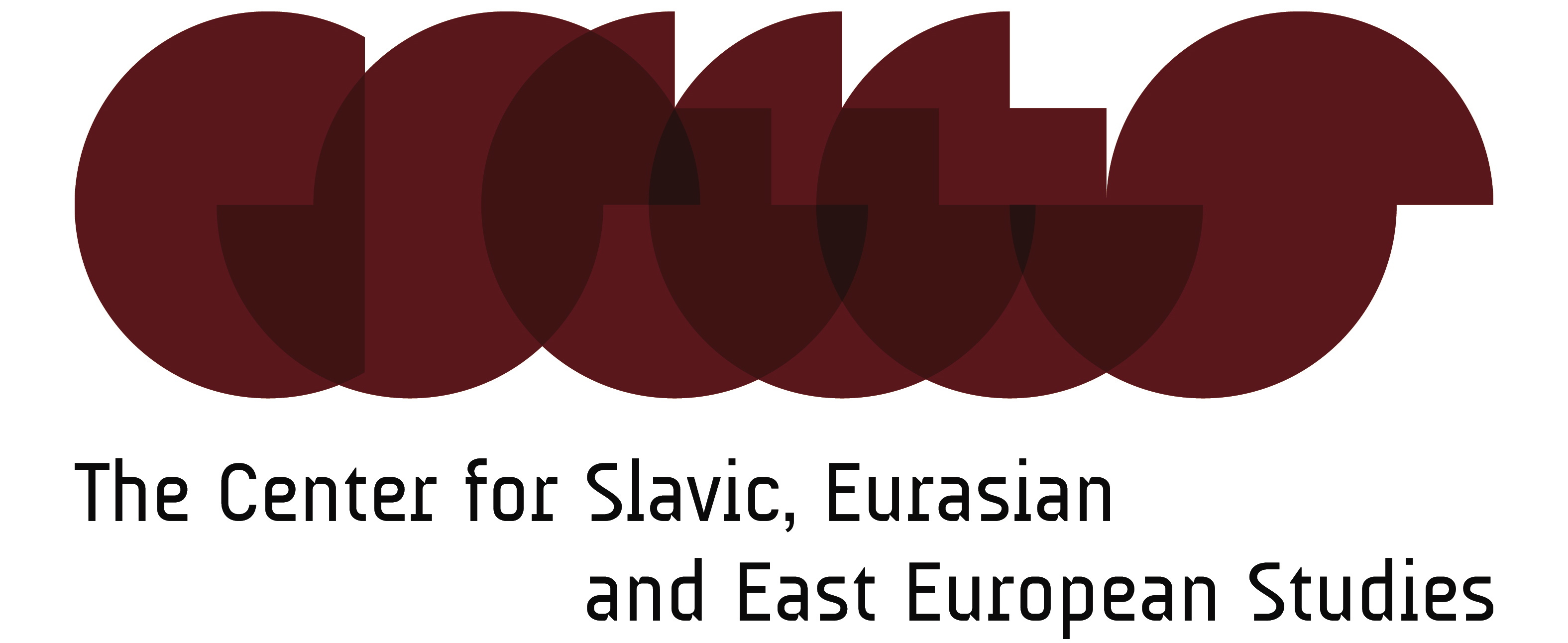In 1968 – the year the Detroit Tigers won the World Series and one year before the first Woodstock festival – student protests erupted across the globe. In Czechoslovakia the year marked a brief period of gradual liberalization within the communist government, better known as the Prague Spring, which was violently quelled by the attendant Soviet invasion on the night of August 20th with troops from the USSR, Bulgaria, Poland, and Hungary. Meanwhile in Poland, following the Six-Day War between Israel and its neighbors, the Polish government engaged in an anti-Semitic campaign under the guise of anti-Zionism, causing massive Jewish emigration. The government also blamed the Polish student protests of 1968 on an anti-Zionist plot, contributing to what historian and student leader at the time, Adam Michnik, described as a “dry pogrom.”
Historiography has generally examined these events in isolation. In order to illuminate the transnational linkages between events, people, cultural expressions, and processes in Poland and Czechoslovakia, the UNC Center for Slavic, Eurasian and East European Studies co-hosted the “1968 in Poland and Czechoslovakia in Comparison” conference from August 31 to September 1. The conference was organized by Dr. Karen Auerbach (History, UNC), Dr. Andrea Bohlman (Music, UNC), and Dr. Chad Bryant (History, UNC). Taking place in the shadow of recent UNC student protests, this interdisciplinary conference showcased not only an integration of the histories of these former communist states, but also the intertwining of arts, politics, and protest. In addition to panels, roundtable discussions, and public conversations, the conference also featured a special cabaret performance. Rendezvous in Bratislava: A Grandad Cabert presented a dramatic and comedic retelling of the life of Laco Kalina, a dramaturg, satirist, and collector of jokes born in Slovakia in 1913 by his own granddaughter, Miriam Sherwood.
Other highlights of the conference included a well-attended public conversation between Adam Michnik, renowned Polish intellectual, and Dariusz Stola, director of the POLIN Museum of the History of Polish Jews in Warsaw. During the interview, Michnik reflected on his own experiences as a leader of the 1968 student protests and why he was imprisoned several times. He also discussed the Jewish exodus of 1968, and recounted that the police had asked him, too, when he would emigrate to Israel. His answer? “Right after you emigrate to Moscow.”
In a separate public dialogue, Alena Heitlinger, a Czech emigree and historian at Trent University, discussed her experiences of emigration to Britain in the wake of Prague Spring and what it was like living in the emigrant Czech community in London at the time. Her account provided a fascinating contrast to the Polish experience of unwilling emigration, as she instead focused on the opportunities that became available to her in Britain.
Reoccurring across all of the conference events was an emphasis on emigration and the attendant emotional toll that it takes on individuals. The film Dworzec Gdanski (Gdansk’s Railway Station), shown on the first day of the conference, collects interviews with individuals who left Poland for Israel in 1968 as result of the government’s anti-Zionist campaign. Most of the interviewees in the film are surprised by the strong emotions that still remain as they recounted the pain and disappointment in leaving friends, family, and their homeland for an unknown place far away.
In addition to emigration, another frequently discussed topic was that of historical legacies. Dr. James Krapfl (McGill University) traced the emergence of a new dialectic regarding non-violence to 1968, while other participants discussed how contemporary events continually cast their own pall over the events of the past as we attempt to discern their lasting influences. Thus, the period has been variously seen both as the crushing of liberalism by authoritarian rule and as the beginning of the end of communist rule in the region.
During the the two-day period, the conference drew over 300 attendees and featured lively discussions with the audience that included both undergraduate and graduate students, faculty from various disciplines, and many members of the local Polish, Czech, and Slovak communities.
Funding for the conference was generously provided by the Center for Slavic, Eurasian, and East European Studies; the International Visegrad Fund; the Center for European Studies; the Carolina Center for Jewish Studies; the Institute for the Arts and Humanities; the History Department; the Music Department; the Department of Slavic Languages and Literatures; UNC Global; the Duke Center for Jewish Studies; and the Curriculum in Global Studies.
—Albert Cavallaro
(MA Student in Global Studies/REEES Track)
For the full Adam Michnik interview, please click here.
For the full Dariusz Stola interview, please click here.

